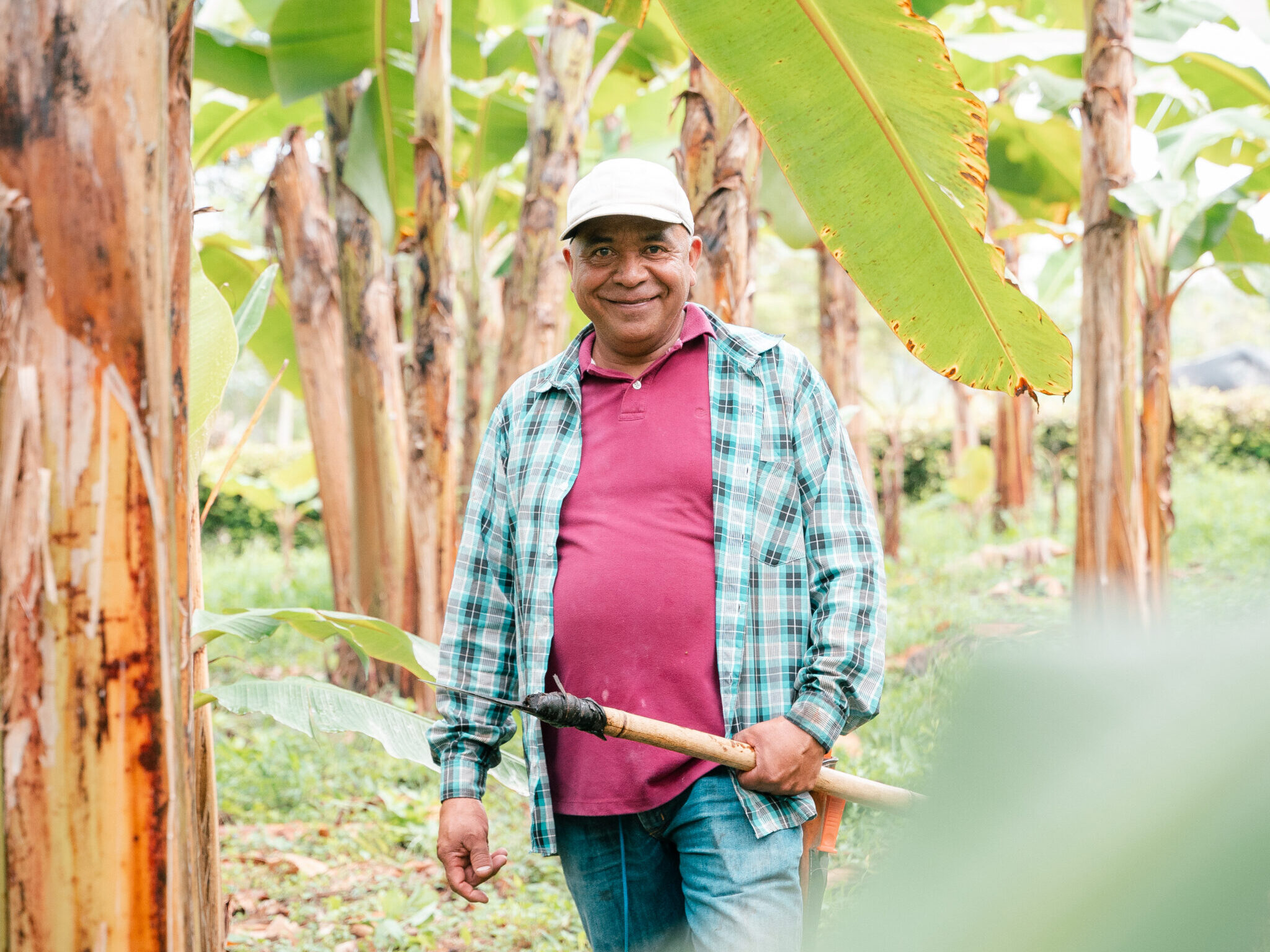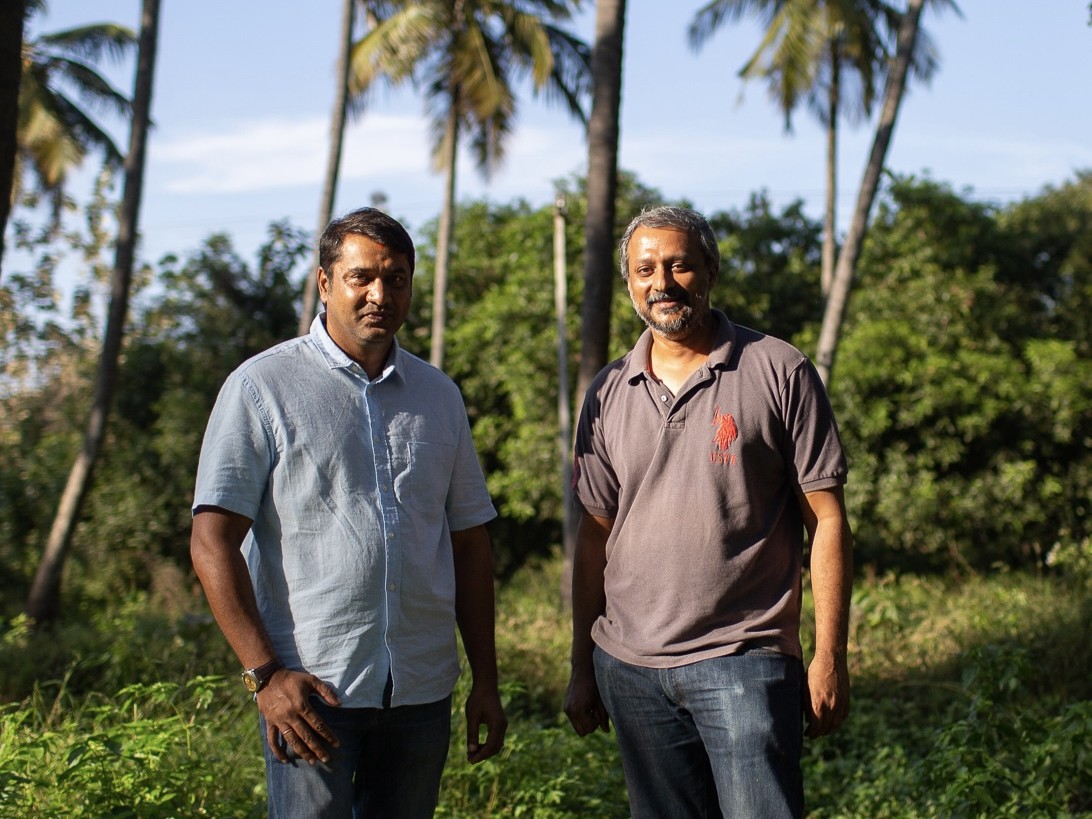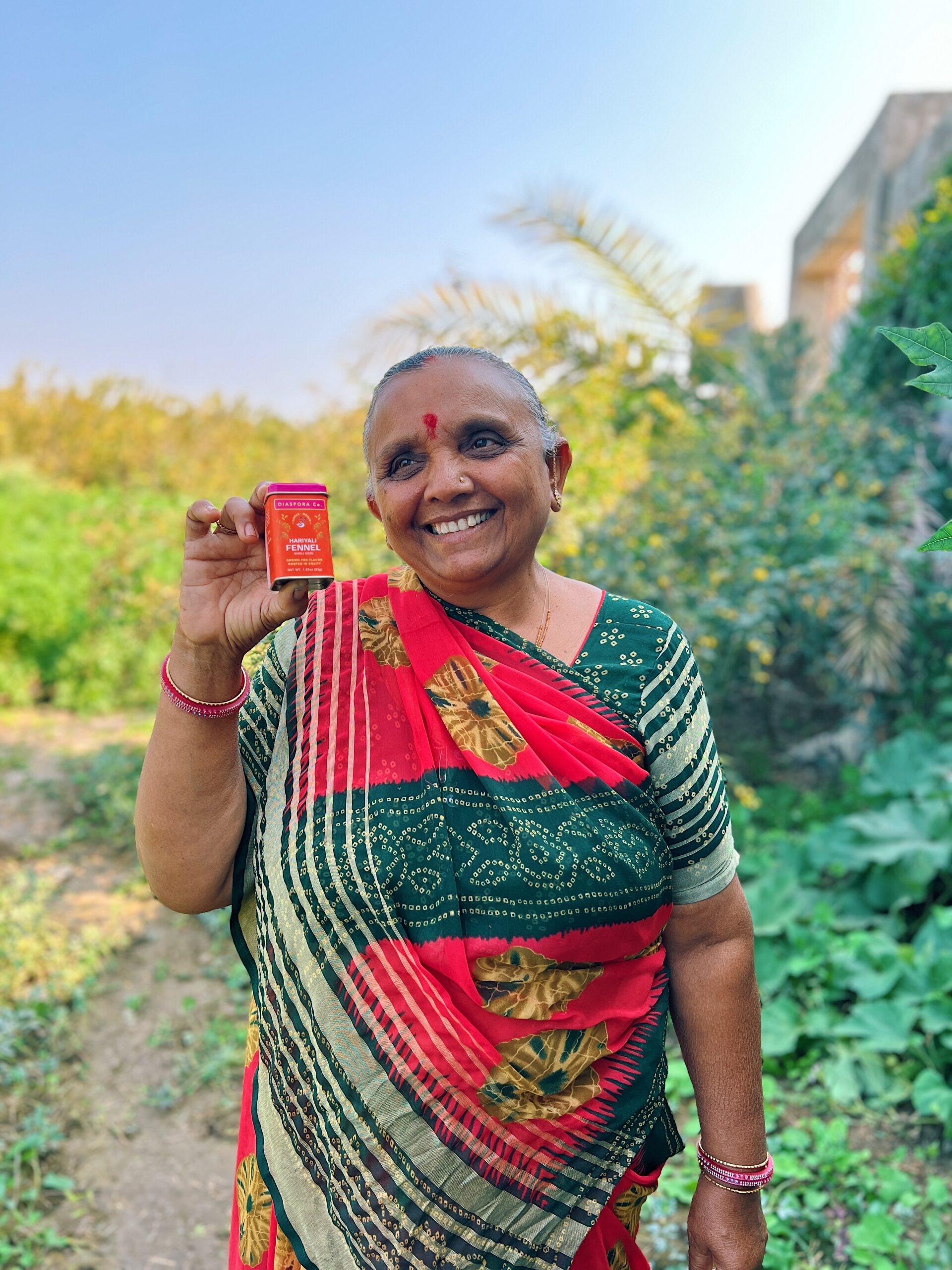What is an investment? For a long time, we have considered it to be a way to grow one’s money. That was the goal, and the socially conscious investor sought, within that parameter, to do as little harm or as much good as possible. Fundamentally though, he was taking a share of the growing economic pie.
Now that we are realizing that that parameter, in itself, encodes harm, and that the pie can grow no longer, we need to reconceive what an investment is. That isn’t to say we eschew a positive return; it means we don’t precondition the investment on the likelihood of a positive return. We don’t base the investment on what it will bring back to ourselves. We make it, in other words, a gift.
This gift can take several forms. One would be outright philanthropy – the gift of money. Another would be a zero-interest loan, the gift of the use of money. To a lesser extent, even a loan at below-market rates is a gift. The same goes for an equity investment in an enterprise that has lower profit potential or higher risk than the numbers would justify.
What unifies all of these is that pecuniary calculations are secondary. What directs the flow of capital is the investor’s desire to contribute to something meaningful, something beautiful, something that benefits the planet and society. Money becomes a creative tool and the investor becomes an artist. We all know that a painter who paints to please the critics or the art markets has sold out, and in an important sense isn’t a true artist at all – something else has come first. The same is true for the investor. You might end up profiting after all, but that is not the goal. The goal is to use money in the most beautiful way you dare.
Investment in the spirit of the gift is quite natural when we recognize that our money has come to us as a gift. That’s obviously true in the case of inherited money, but what if you earned it by dint of hard work and creative genius? Well then, did you earn your creativity? Did you earn the capacity to work hard? Did you earn this planet, the earth, the water, the sun? Did you earn being born? Did you earn your mother? On some level we know life is a gift, and so is everything we have and everything we earn. Investing in the spirit of the gift is therefore a simple expression of our basic gratitude at being alive.
Spiritual teachings such as the doctrine of karma tell us that anything we give out comes back to us in some form. We cannot escape the consequences, good or ill, of what we do. That was obvious in traditional communities, in which one’s contribution was visible and would generate gratitude or disapproval from everyone else, and in which anyone who had more than he or she needed would share it. In that society, your good fortune was my good fortune, because you would have more to share. Spiritual teaching and economic life were aligned.
In today’s anonymous market economy, it would seem otherwise. A gift seems like an act of self-sacrifice. Yet those who enter into the territory of the gift find the opposite is true, and that indeed one’s gifts do return in some form. In truth, we are not really separate from other people or the world. Our civilization is now learning that as well in ecological terms, as we find that we cannot escape the consequences of what we do to nature.
As humanity relearns that truth, our economic systems are bound to change to come into coherency with it. The economy of the future will reinforce, and not contradict, the aspirations that motivate the social financier. Someday, the best business decision will also be the best ecological decision, and the wealth of each will be the wealth of all. The ideology of selfishness bears a kernel of truth after all, when we understand that “self-interest” is really the full expression of one’s gifts, and not the maximization of control over others. Already we can see glimpses of a system on the horizon that unifies economics with spiritual and ecological principles: ideas like green taxes, reclamation of the commons, interest-free financial systems, universal basic income, gift economies for digital goods, the sharing economy, and reskilling. They show us the world that is coming—if it doesn’t come, indeed there will not be a world.
That means that the social financier is preparing for the future, and her investments might turn out to be economically remunerative after all. Even if you are investing in something with no foreseeable return – wetlands restoration, for example, or community self-sufficiency in India – who knows how the knowledge base and relationships you cultivate will develop? Who knows, through the uncertain times ahead of us, how what you give will come back to you?
Have no fear. The problem as you take your natural next step into the gift is not that your giving will leave you depleted and unable to give. The “problem” will be that your giving will bring yet more wealth into your life (financial wealth or otherwise), possibly via mysterious pathways. You will then need to develop further as an artist, as a giver. When we give, we widen the channel through us and the throughput grows along with its associated challenges.
What is the next step? It might involve changes in your mix of gifts, investments, and so on. It might involve using money to contribute to systems change; it might operate on a more personal level. Unexpected opportunities will arise – just at the edge of your courage but not beyond it – when you embrace the knowledge stirring within: that social finance is an art form; that money is its creative tool; and that the world is calling all of us to devote our gifts toward the profound and beautiful transition that is before humanity today.
by Charles Eisenstein
Charles Eisenstein is a speaker and writer focusing on themes of human culture and identity. He is the author of several books, most recently Sacred Economics and The More Beautiful World our Hearts Know is Possible. His background includes a degree in mathematics and philosophy from Yale, a decade in Taiwan as a translator, and stints as a college instructor, a yoga teacher, and a construction worker. He currently writes and speaks full-time. He lives in Pennsylvania with his wife and four children.


